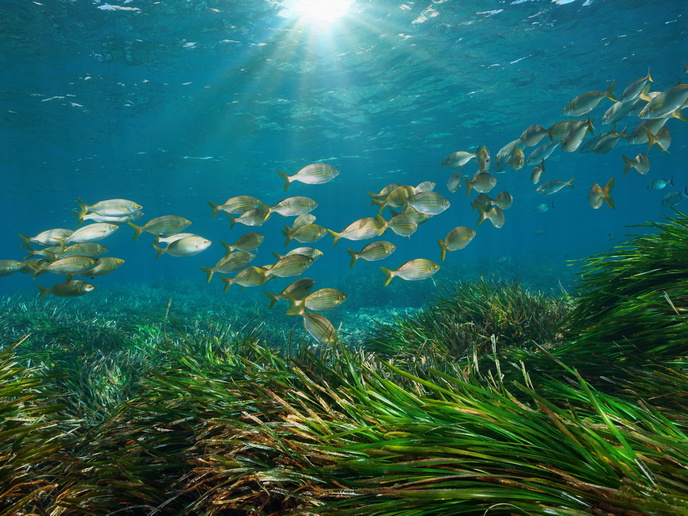Catching up with EuroSea: Filling scientific knowledge gaps for better ocean management
From its launch in 2019, the EuroSea project took steps to integrate EU Member States’ national ocean observation systems into an international system. It also brought together diverse actors and ensured that all stakeholders worked towards the common goal of sustainable, science-based ocean management. According to Toste Tanhua, senior scientist and project coordinator at GEOMAR Helmholtz Centre for Ocean Research Kiel, Germany, EuroSea (Improving and Integrating European Ocean Observing and Forecasting Systems for Sustainable use of the Oceans) has delivered a wide range of outcomes. The fruits enjoyed today, such as the enhanced data sharing and integration of the European Ocean Observing System, are in part thanks to the improvements made to the readiness levels of a range of ocean observing networks during EuroSea. “The project has improved ocean forecasting, for instance for the first-ever ensemble model runs, and also advanced the seasonal forecast capability of marine heatwaves,” states Tanhua, who is also co-chair of the Global Ocean Observing System.
Asking the right questions, finding the gaps
For instance, now, in mid-2024, the project has published a study highlighting 100 crucial questions that must be answered to advance Europe’s conservation of seagrass meadows, vitally important marine plants that store carbon in the seabed, increase biodiversity and reduce coastal erosion. Also being prepared are two peer-reviewed papers – one discussing the need for a sustained and fit-for-purpose European Ocean Observing System, and another analysing ocean observing and forecasting gaps in Europe. These two studies could help direct and focus future efforts and investments in ocean observing and forecasting in Europe. These achievements have been made possible largely thanks to EU funds. “Obviously, we would not have been able to do much of what we did, were it not for the funding we received,” concludes Tanhua.
Keywords
EuroSea, ocean, ocean observing, ocean forecasting, ocean management, European Ocean Observing System



